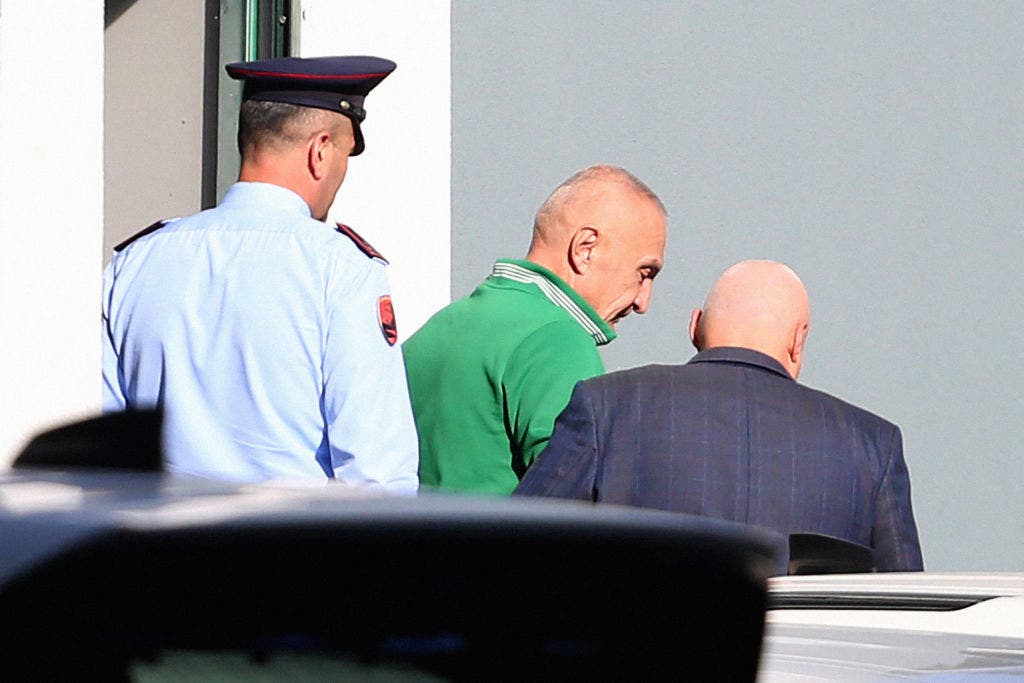Former Albanian President Ilir Meta was arrested in Tirana on money-laundering and corruption charges, as well as hiding personal income following a visit to Kosovo. The arrest was made after a five-year investigation by Albania’s Special Structure Against Corruption and Organized Crime. Meta, in a statement following his arrest, claimed that the current regime is panicking in the face of the truth and suggested that the arrest was illegitimate. The arrest of Meta, a former president, has raised tensions in the region, with fears that it could lead to unrest ahead of elections. Opposition figures accused Prime Minister Edi Rama of using law enforcement to target political opponents, indicating a growing authoritarian trend.
Agim Nesho, former Albanian ambassador to the U.S. and the United Nations, described Meta’s arrest as a political show of force, suggesting that it was meant to intimidate the opposition. He further highlighted the corruption within the current government, stating that the charges against Meta pale in comparison to the systematic theft orchestrated by the ruling party. Corruption, especially in the judiciary, is widespread in Albania, and the courts are often influenced by political pressure. The weaponization of law enforcement and the judiciary for political purposes is part of a broader pattern seen in the Balkans, with leaders like Serbian President Aleksandar Vucic and Prime Minister Rama being accused of using authoritarian tactics.
Rama, who was once allied with Meta, is now a bitter political rival, with Meta leading the opposition and criticizing the government for corruption and authoritarianism. The judiciary and law enforcement agencies have been politicized to target opposition figures, sparking concerns among observers of the region. Rama’s alliance with Vucic in the Open Balkans initiative has raised suspicions among Balkan countries, with fears that it could undermine European integration and threaten regional stability. Meta and other opposition figures have been critical of the initiative, warning against the dangers of strengthening hybrid regimes.
Meta’s arrest follows a pattern of targeting political opponents in the region, with another former president and prime minister, Sali Berisha, also facing corruption charges and house arrest. Berisha condemned the arrest of Meta as a monstrous act orchestrated by the government. The U.S. has expressed support for Albania’s efforts to combat corruption and organized crime, emphasizing the importance of the rule of law. However, concerns remain about the use of law enforcement for political purposes and the growing authoritarian tendencies within the region. The arrest of Meta has underscored the challenges facing Albania as it navigates political instability and corruption issues.
The arrest of Meta has highlighted the deep-rooted issues of corruption and political instability in Albania, with concerns about the misuse of law enforcement and the judiciary for political gain. The ongoing power struggle between Meta and Rama, once allies turned rivals, has intensified political tensions in the region. The authoritarian tendencies of leaders like Rama and Vucic have raised suspicions about their commitment to democracy and European integration. The arrest of Meta and other opposition figures reflects a troubling trend of targeting political opponents and stifling dissent in the name of combating corruption. The future of Albania and the Balkans remains uncertain as they grapple with these challenges.













